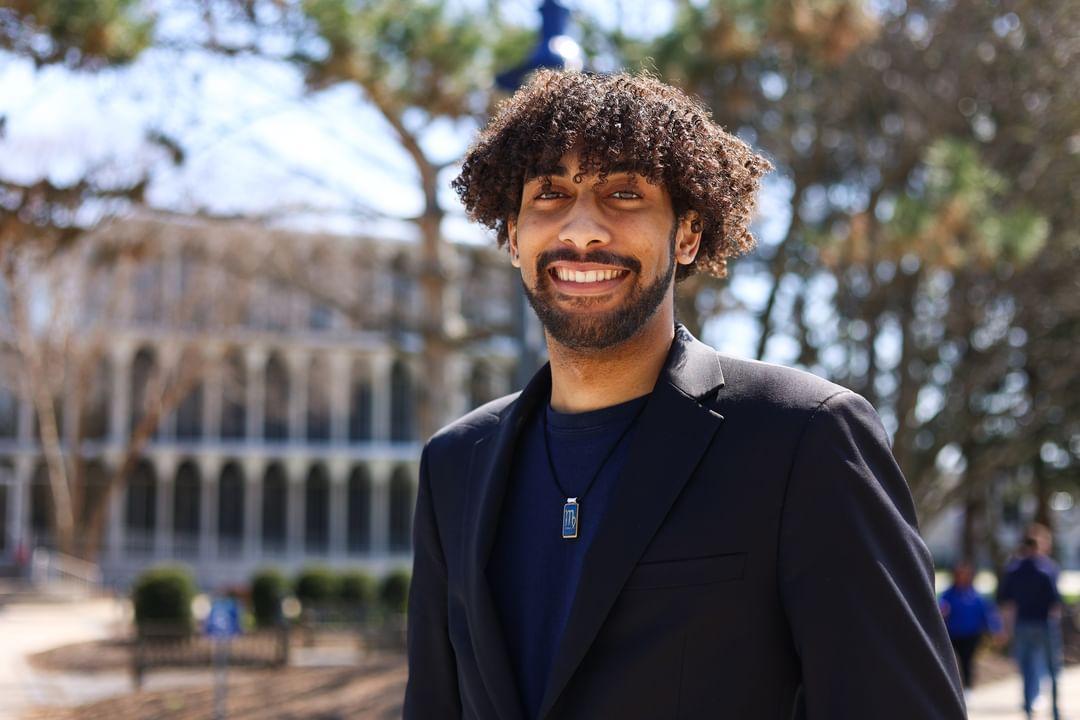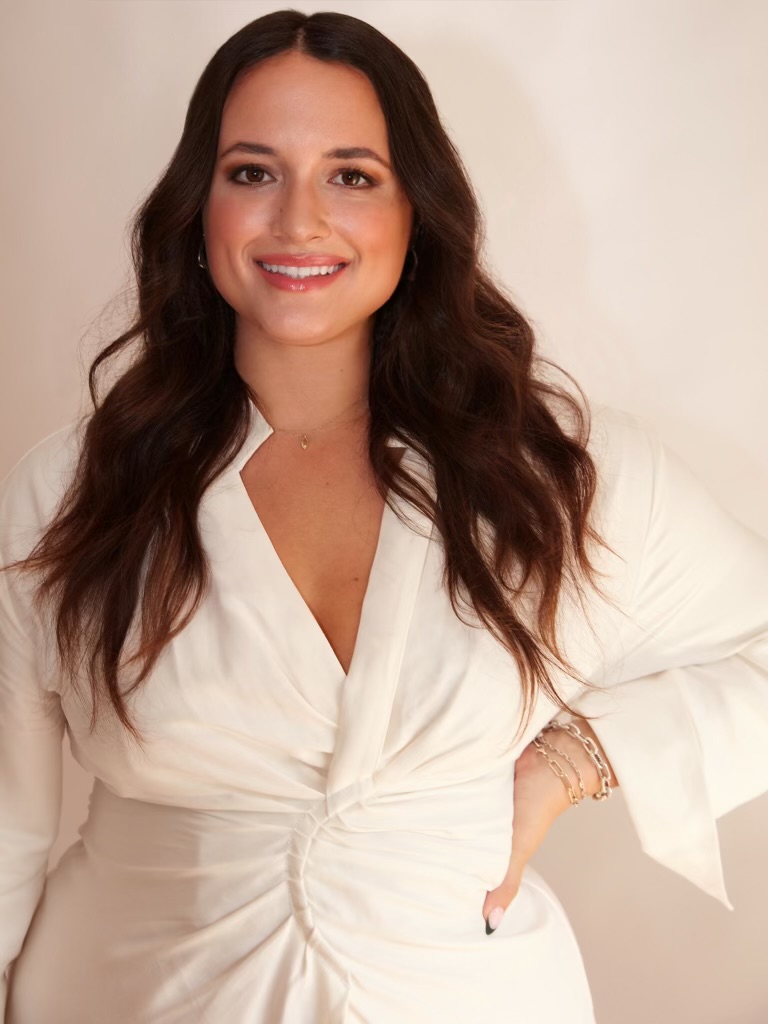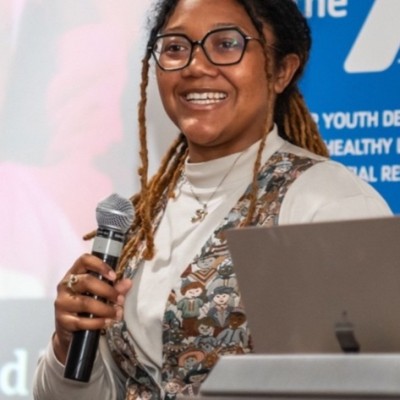Venture for America alumni are learning how to go on without the institution after the nonprofit founded in 2011 Andrew Yang shut down abruptly earlier this month.
Known as VFA, the program officially announced its closure to current fellows and alumni on Aug. 7. But the community by and large decided to keep doing what they’ve been doing — just without the institutional support.
“Even though my VFA experience was short, it was definitely memorable,” said Paul Ford, a recent graduate of Butler University in Indianapolis who was accepted as a VFA fellow in February 2024. “A lot of us are learning firsthand that the startup space can be rough, but most of us are still committed to contributing where we can to make an impact in our own way.”
VFA placed young entrepreneurs in cities like Baltimore, Philadelphia, Birmingham and Miami. Yang’s vision of creating a “Teach for America for entrepreneurship” that would create 100,000 jobs never fully came to fruition, and he acknowledged it wasn’t a viable goal when he left the organization in 2019. The actual number of jobs it created isn’t public information, but it’s estimated to be a few thousand.
“A lot of us are learning firsthand that the startup space can be rough, but most of us are still committed to contributing where we can to make an impact in our own way.”
Paul Ford, former VFA fellow
Startups just don’t create jobs at that scale the way they did when companies like Amazon were startups in the 1990s (and even then, it was far from typical). So gone are VFA’s month-long bootcamp and the two-year fellowship that included a private job portal connecting fellows with partner startups.
And yet, when you talk to people — those among the more than 1,400 VFA alumni and fellows over the years — the experiences they describe were life-changing and the connections made were invaluable.
Ford, who founded diversity, equity and inclusion consultancy Deity, intends to keep developing his business in Birmingham, Alabama, where he moved after landing the fellowship. The city has become a good fit.

“My dad lives here, so I thought I’d stay,” Ford said. “I’m looking for jobs here.”
Gabriella Rudnick, a Philadelphia-based VFA fellow facing a shortened cohort after joining the program in 2023, is also staying the course. The 2023 Temple University graduate works for the startup CreateXChange, a business consultancy that connects companies with experts.
CreateXChange is a self-funded startup that doesn’t rely on venture capital.
Rudnick, who was on VFA’s Philadelphia City Leadership Council, told Technical.ly that while the announcement closure was abrupt, it had been clear that the organization was waning.
One noticeable challenge was that Connect, the VFA platform fellows used to find jobs with approved partners in their city, had very few company partners and available jobs by 2023. Because of that, Rudnick was given a bit more flexibility and was allowed to look for startups outside of Connect.
“It was definitely a hard year for VFA,” Rudnick said. “There were a lot of organizational changes and absorbing the economic challenges.”
End of ‘free money,’ rise of AI may have added to VFA downfall
VC boomed in 2021, but by 2023, the “era of free money,” as the pandemic years are sometimes known, was over. Investors became more picky about their investments.
Part of that is heightened diligence based on predictions of a recession that hasn’t happened – at least not yet – but the state of technology in general is another factor. For example, generative AI, which started changing technology as we know it in earnest in 2022, has investors interested, but wary.

Joseph Yun, a professor of computer engineering and AI architect at the University of Pittsburgh and a cofounder and CEO of Bluefoxlabs.ai, studies the impact of AI on jobs and startups. VC investors are holding back, he said, because AI is evolving so quickly that a startup that seemed amazing a few months ago can look dated and useless today.
Smart VCs are waiting for the tech to mature before investing in startups again, according to Yun.
“It’s not that VC funding is gone,” Yun, a 2024 RealLIST engineer, said. “It’s just that the funders have become much more smart about what’s happening in the landscape right now.”
This means that in a couple of years when AI matures and the VCs come back to invest in startups, young entrepreneurs may be in a better position, with most of their careers still ahead of them.
In the meantime, according to the fellows we spoke to, VFA alumni are banding with the community, where hundreds have their back, including mutual aid funds for fellows now struggling to find work and direct mentoring.
VFA closure builds community among alumni
Naomi Winston, founder of art and education startup the Creative Representation Empire, became a VFA fellow in 2022, recently completing her fellowship earlier this year.

She moved from Louisiana, where she grew up and attended Xavier University, to Baltimore with VFA to work for UpSurge where she still resides. As a VFA alum, Winston is doing what she can to support the fellows and other alumni.
“If we can’t hire people, we’ve been reaching out to VFA fellows about doing the contract work and things like that,” Winston said. “We’ve also been trying to hold spaces in the Baltimore community to make sure that our traditional citywide events somehow still happen.”
The VFA group on LinkedIn, she said, grew by hundreds of members in the days after the closure announcement.
As far as Winston is concerned, coming together says more about the organization than the companies and jobs that have come out of VFA.
“A lot of people want to focus on what successes that have come out of VFA, but the successes are so much more than that,” Winston said. “I fell in love with Baltimore and I can’t imagine leaving because I’ve built such a community here.”
The spirit of building entrepreneurship in smaller tech cities continues
VFA may no longer be active, but Rudnick believes that the spirit of the organization will continue — and maybe even grow.
No more org means no more rules, and there were many, including limits on who could join and which cities participated, according to Rudnick.
“I think that the goal of VFA was to be a presence in every city, especially comparatively small tech ecosystems,” Rudnick said. “That doesn’t have to disappear.”
By remaining active and potentially welcoming new members, including entrepreneurs in cities that weren’t part of VFA, Rudnick sees what could be a new beginning for the community.
“Let’s continue to build,” Rudnick said. “And encourage other young graduates not to feel like, if they want to be involved in entrepreneurial communities, that they have to go to Silicon Valley or New York.”







